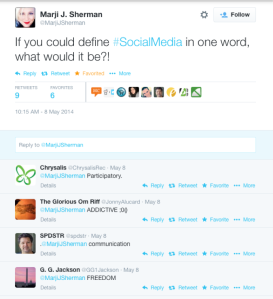If you are a business with a presence online, which you definitely should be, more often than not you have experienced a negative review. These can be some of the most heartbreaking things to see online. Not only do negative reviews make you feel bad about your business, the review might then be there for other people to read. The hardest part about a negative review is how to respond in a mature fashion. Hopefully, your business is something you are passionate about and you may feel the urge to respond in a manner that defends your business, as seen in this response to a negative review.
While this is a very cute song and it drew attention to this food truck, they make some jabs at the person that wrote the review. I think it is safe to say that with this video, they lost that customer forever. The purpose of a negative reviewer is not to be deliberately cruel, rather, they are hoping that the business can improve and fix the error. With that in mind, here are some tips for dealing with negative online reviews:
- Respond in a Respectful Manner:
The negative reviewer wants to feel heard. They wrote a negative review because there was something genuinely wrong with their experience. Let them know that they are being heard and that their opinion is valuable to you, because it is. Recognize their concern and let them know that you will do your best to fix the problem.
- Don’t Engage in a Negative Conversation:
Say you respond to a negative review in a respectful manner, as laid out above, and then the negative reviewer responds with something increasingly negative or rude. Don’t continue to engage with them. Sometimes there may be nothing more you can do. This doesn’t mean you can disregard his or her original concern but you just have to accept that not everyone is going to love you. Stay calm and stay on the high road. Don’t let these negative comments bring out the worst in you.
- Encourage positive reviews.
When customers have a good experience, try to get them to tell others about that. Hopefully, your good reviews will outweigh the bad ones. And know that there will always be bad reviews, but if you handle them the right way, these reviews can be an opportunity to improve and not just a stain on your online record.

